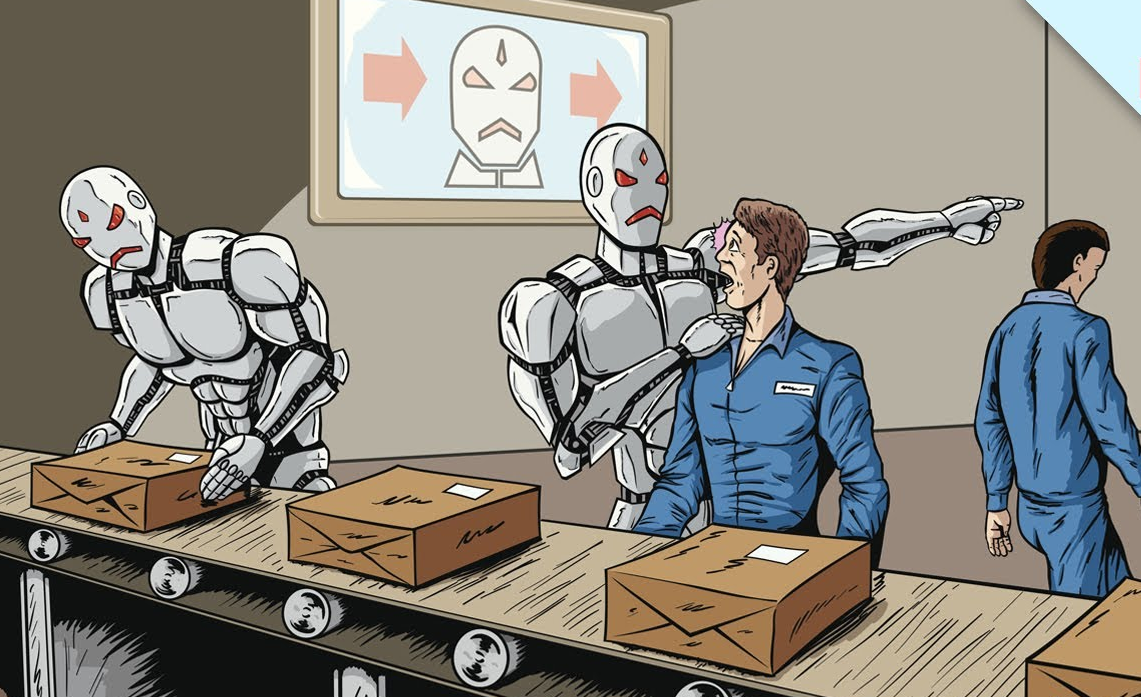
According to a recent report by the NZ Institute of Economic Research (NZIER), almost half of New Zealand jobs could be lost in the next 20 years. (See our cheat sheet on artificial intelligence and the future of work here.)
Forty-six percent (or 885,000) of New Zealand jobs could be cut, replaced by the ever developing disruptive technologies which until now have been seen to change our lies for the better.
NZIER applied Frey and Osborne’s estimation of job automation to New Zealand employment data and found results were similar to those in the US where approximately 47 percent of total US employment is in the high risk category.
In New Zealand it is labouring jobs at the greatest risk, with 75 percent of its jobs having the potential to be automated or computerised, compared to only 12 percent of professional roles at risk.
According to the report, these numbers reflect the way jobs that are routine in nature can be easily replicated by robotics or automation. However, jobs requiring ‘soft skills’, like creative and social intelligence, are yet to be threatened by artificial intelligence.

The differences of impact were also found to be disproportionate across New Zealand with the regional work-force facing a greater risk of computerisation than the New Zealand average. It gives the area’s focus on primary industry as one of the reasons behind this.
The West Coast had the highest risk with 7,824 jobs having a probability between 0.45 and 0.5 of becoming automated. In comparison, Wellington had the lowest risk with its 95,493 jobs having a probability between 0.25 and 0.3 of being automated.

While the findings may appear frightening, the report also discusses the way in which automation and technological developments can also create new occupations.
In the US, Pew Research compared the list of occupations used for national statistical purposes in 1999 to these used today. It found approximately 500,000 people work in occupations today that did not exist in 1999 including network specialists, information security analysts and web developers.
In New Zealand, similar findings have been made with the report saying the country’s technology sector is flourishing.
It calls Xero an encouragement of New Zealand’s ability to produce innovative companies after it topped the Forbes magazine ‘100 most innovative growth companies’ list in June 2014.
Only time will tell if these new jobs will be replaceable. We’ll let you know in 20 years, if we are still here.
The full report can be found here.




